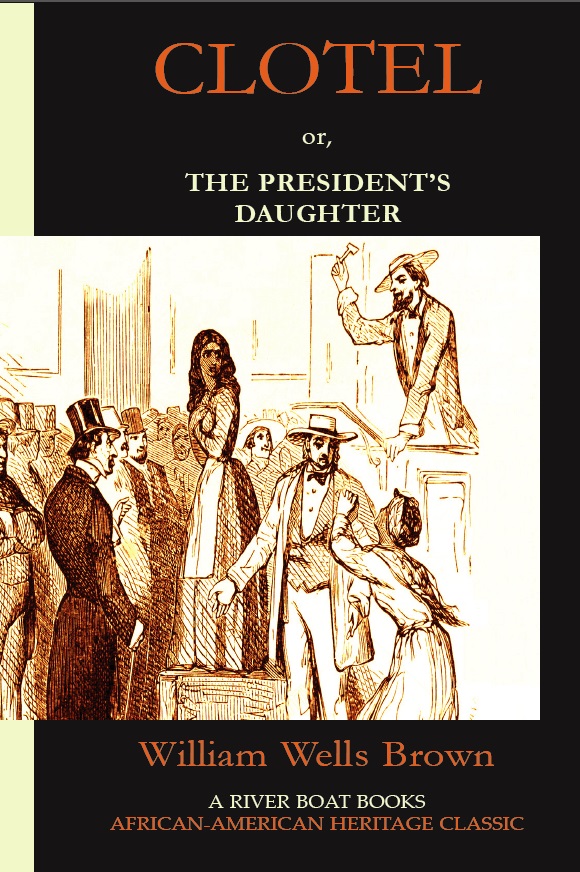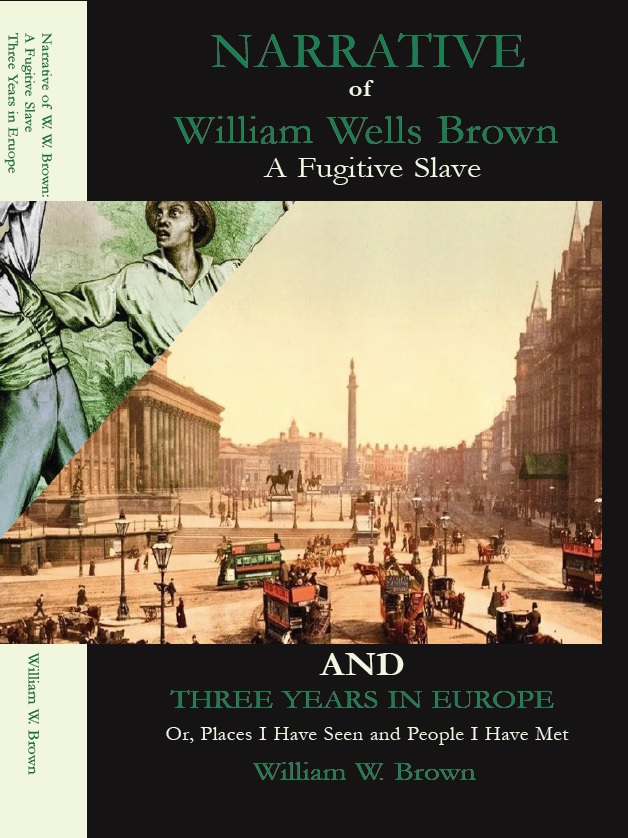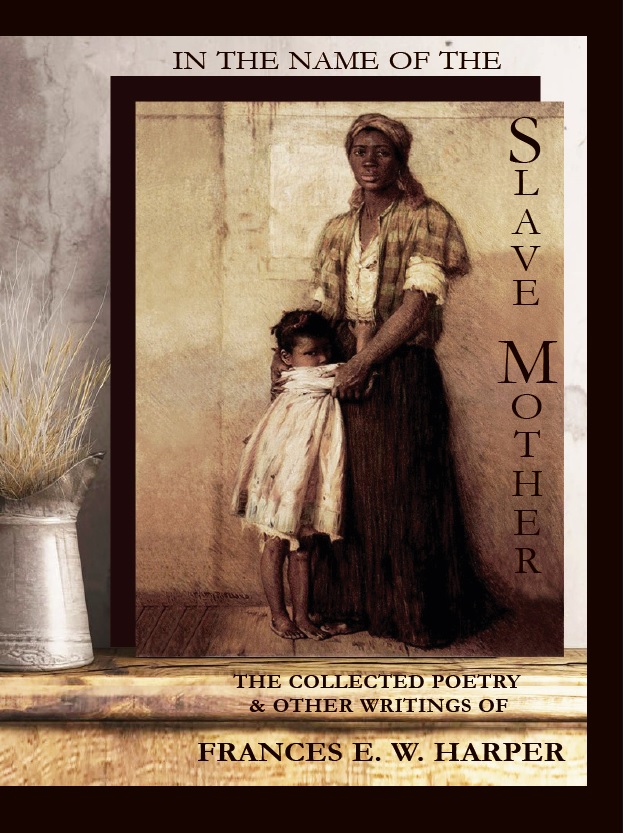Good Friends, Good Books, and a Sleepy Conscience: This is the Ideal Life!
We are determined to keep alive the voices of as many great African-American authors of the 19th and early 20th century as possible. Some are well-known, but others have fallen into obscurity. Unlike many publishers, however, we are dedicated to more than simply preserving their legacy thru their words. As these works fall into the public domain, and thus the authors or their heirs are no longer receiving royalties from the sale of these book, River Boat Books is contributing 50% of all net revenues from the sale of these book to one or more non-profit organizations working for social justice in order to eliminate racial inequality and systemic racism throughout The United States. The non-profit organizations River Boat Books will be donating to on behalf of these book which we hereby designate books of African-American heritage include: The NAACP (https://www.naacp.org/); National Urban League; Poverty & Race Research Action Council (PRRAC); The Southern Anti-Racism Network; The National Coalition on Black Civic Participation; Color of Change; Equal Justice Initiative; One Nation Indivisible; The Race Matters Institute; Hope in the Cities; and The American Civil Liberties Union.

Clotel By William Wells Brown (edited by Peter Damian Bellis); 244 pages; list price: $9.95 US ISBN: 978-1-7332565-9-9 Release date: April 25, 2021 —African-American Heritage Classic/Fiction
William Wells Brown’s first novel, Clotel, published in 1853, is considered by most scholars to be the first novel published by an African American. The novel is based on the belief, current at the time, that Thomas Jefferson had fathered an illegitimate mulatto daughter with Sally Hemings. In Brown’s novel, the supposed mistress of the President is a woman named Currer. The novel follows the lives of Currer and her two daughters: Althesa and Clotel. Currer and Althesa are sold to the notorious slave trader Dick Walker, and Clotel is rescued by her “white” savior, Horatio Green, but the lives of all three women end in tragedy. So on a basic level, the novel is a powerful reminder of the horrifying injustices experienced by African-Americans during slavery. But the novel is also a searing indictment of American society and the American ideal writ large. Brown begins with the implicit idea that Thomas Jefferson himself, the author of the Declaration of American Independence, was also a slave owner and quite indifferent to the humiliations his slaves surely experienced; but Brown makes sure that we as the reader experience these humiliations first-hand through the lives of Currer, Althesa and Clotel. In addition, Brown masterfully weaves together various anecdotes, poetry, folk songs and ditties, vignettes of slave life, and even newspaper accounts into the novel, in order to promote an abolitionist agenda. By the novel’s end, we can no longer ignore the debasement and recurring victimization of these three black women under slavery. The pain of these women has become our pain. We are now ready to join with all those who are fighting for the rights of African-Americans.


Narrative of William Wells Brown, a Fugitive Slave AND Three Years in Europe by William Wells Brown (edited by Peter Damian Bellis); 368 pages; list price: $12.95 US ISBN: 978-1-7332565-06-7 Release date: February 22, 2022 —African-American Heritage Classic/Autobiography/Letters
In 1847, William Wells Brown published a memoir titled Narrative of William Wells Brown, A Fugitive Slave. The book established Brown as a celebrity among abolitionists. He began working for the Anti-Slavery Association in Boston. He went on a lecture tour to talk about his life and the lives of slaves, and always the focus was on how to end the institution of slavery. Then he was invited to attend the 1849 International Peace Congress in Paris. He took full advantage of the opportunity, arriving in England in July, one month before the Peace Congress was to convene. He then spent the next three years traveling Europe and giving lectures. The essence of his European experience was distilled into a series of letters written to friends and then compiled into a book titled Three Years in Europe, which was published in 1854. According to scholar Charles Baraw, “with the publication of Three Years in Europe, Brown produces a new kind of ‘fugitive tourism’ that adopts key conventions of Anglo-American travel—historical sightseeing, museum-going, literary pilgrimages, and the sentimental encounter with the Other— and transforms them into powerful counter-narratives that expose the instability of monumental histories of nation, empire, and race. (Charles Baraw – African American Review)



In the Name of the Slave Mother: The Collected Poetry & Other Writings of Frances E. W. Harper
Edited by Peter Damian Bellis
434 pages; list price: $16.95 US
ISBN: 978-1-955823-07-4
Release date: February 26, 2022
—African-American Heritage Classic/Poetry/Letters

